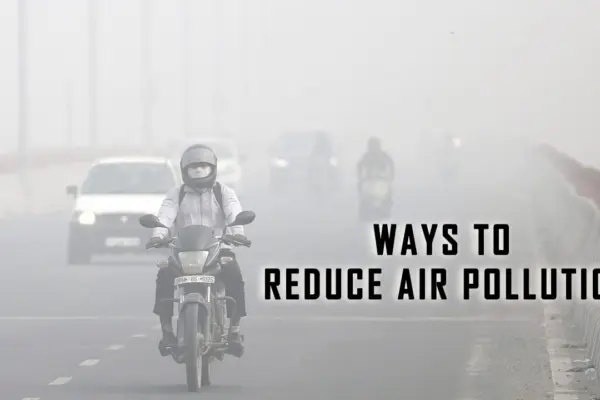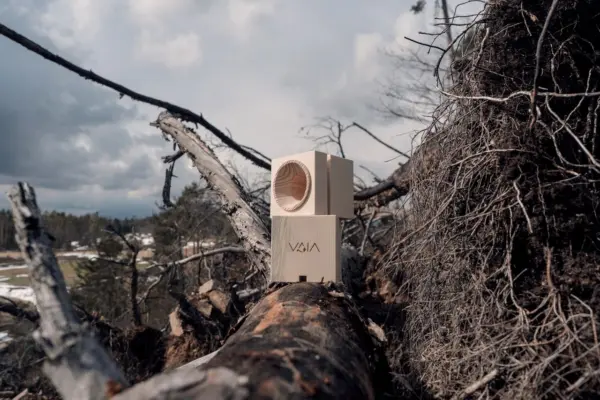COVID-19 Lockdown Reveals Decline in Air Pollution Throughout World
The whole world is grappling with the fast spreading COVID-19 coronavirus that emerged in China in December 2019. The virus has managed to infect nearly 425,000 people worldwide and has killed nearly 19,000 people.
Countries are putting millions of people under quarantines and, to curb the spread of the coronavirus, has put cities, regions, or even the entire nation on lockdown. The countries have implemented stricter quarantines and travel restrictions. Major cities throughout the world including London, Venice, and Delhi are under lockdown.
Although the times are desperate and depressing, a positive outcome did come out of this pandemic. While humans have shut themselves inside their houses, nature is reclaiming back its space and with a decline in human interference, the wildlife has blossomed.
Images released by the US space agency NASA in February, revealed that the concentration of nitrogen dioxide (NO2) fell dramatically in Wuhan, China, the epicenter of the COVID-19 outbreak. NO2 is mainly produced by vehicles, industrial sites, and thermal power stations, causing severe air pollution. Air pollution has significantly reduced amidst the unprecedented lockdowns.
In the United States, greatly reduced traffic in major hubs like Los Angeles and New York City is reducing the amount of carbon monoxide in the air and redefining rush-hour commutes. Canal water in Venice has cleared up without any boat traffic and the locals have reported sighting of ducks, swans, and fishes in the canals. In Thailand and Japan, monkeys and deer can be seen roaming the streets that are now deserted.
The nationwide “Janata Curfew” (people’s curfew) on March 22 in India has resulted in the lowest average level of nitrogen dioxide ever recorded in the January-March period since 2017, according to an analysis released by the Centre for Research on Energy and Clean Air. There was a significant drop in air pollution levels across the country. Delhi, Bengaluru, Kolkata and Lucknow witnessed clean air as the Air Quality Index stayed within two digits.
The lockdown is catalysing systemic changes, which can be sustained beyond the corona crisis. We are setting up a system to work with less travel. We are now trying to realise the full potential of digitisation. We had not explored this alternative earlier. It’s a big lesson that this is doable. Reduction in emissions will also happen because of shutting down of factories and industries. That will show us the benefit of switching to clean fuel and following emission norms in future.
Said Anumita Roychowdhury, executive director, Centre for Science and Environment, India.
India has administered a nationwide COVID-19 lockdown for 21 days. With a nationwide lockdown in place, over 90 cities, including Delhi, recorded minimal air pollution in the last few days.
According to the Centre-run System of Air Quality and Weather Forecasting and Research (SAFAR), the impact of the measures taken due to the coronavirus outbreak has resulted in a drop in PM2.5 by 30 percent in Delhi and by 15 percent in Ahmedabad and Pune.
The level of Nitrogen Oxide (NOx) pollution, which can increase the risk of respiratory conditions, has also reduced. NOx pollution is mainly caused due to high motor vehicle traffic. In Pune, NOx pollution has reduced by 43 percent, in Mumbai, by 38 percent and in Ahmedabad, by 50 percent.
For years, northern India, especially the capital New Delhi, has been fighting air pollution with levels hitting the hazardous mark during the winter season.
Now, with a nationwide coronavirus lockdown, air pollution in the area has dropped to a 20-year low, according to data published by NASA. In a series of maps, NASA studied the aerosol levels in northern India during the same six-day period of March 31 to April 5 from 2016 to 2020.
The report tracks the aerosol optical depth (AOD), which is the measure of how light is absorbed or reflected by airborne particles as it travels through the atmosphere.
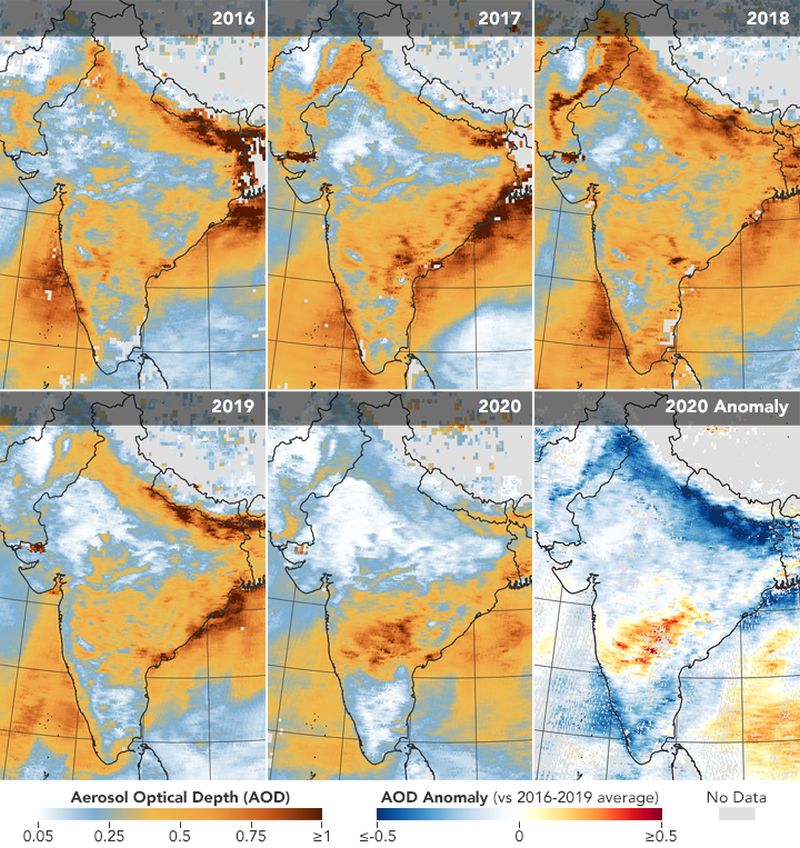
Satellite data show that aerosol levels have dropped significantly since the Covid-19 lockdown began / Image: NASA
The coronavirus pandemic is shutting down industrial activity and temporarily slashing air pollution levels around the world, satellite imagery from the European Space Agency (ESA) shows.
Recent data have shown a decline of air pollution over northern Italy coinciding with a nationwide lockdown to prevent spread of the #coronavirus. This new map shows variation in NO2 emissions over China (Dec-Mar), as seen by @CopernicusEU #Sentinel5P ? https://t.co/nDtznxjLkM pic.twitter.com/qV0yS1d6X2
— ESA (@esa) March 19, 2020
In Europe, too, the levels of air pollution have recorded a significant drop amidst the COVID-19 lockdown. According to the European Environment Agency (EEA), which examined air quality in 3,000 sites across Europe, NO2 levels went down by 40% to 55% last week in Barcelona, Madrid and Lisbon.
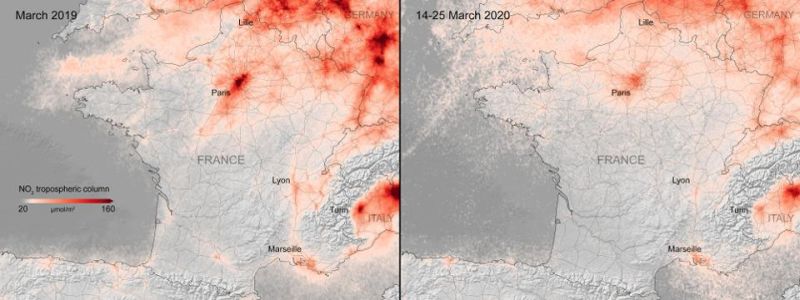
Nitrogen dioxide concentrations over Italy, March 2019 to March 2020 / European Space Agency
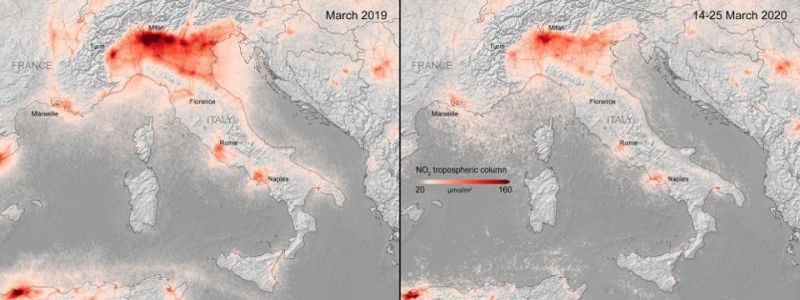
Nitrogen dioxide concentrations over France and its neighbors in March 2020 are much lower than previous year / European Space Agency
NO2 concentrations in the last four weeks were less than a quarter of what they were a year ago in Milan, and up to 35% less than the same period of last year in Rome, while last week’s levels were 47% lower in Bergamo, a town also hard hit by the health crisis.
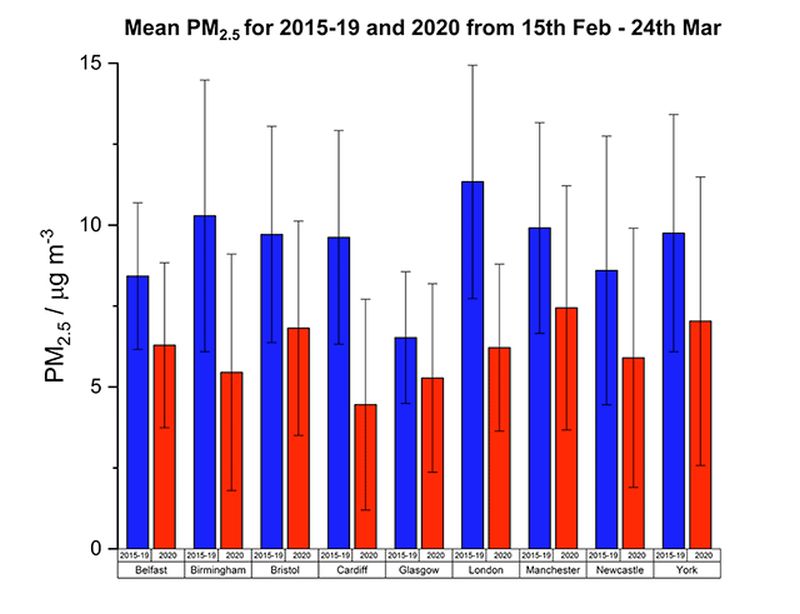
NO2: Belfast and York appear to show an increase, but this may be just an issue of data density / Image: BBC
However, the experts say that the unintended air pollution declines from the virus outbreak are just temporary. As China moves past the peak of its crisis, however, recent images by the ESA show a resurgence in NO2 emissions.
For years, scientists have urged world leaders to combat planet-warming emissions, which have only continued to soar upward. But, the pandemic’s unintended climate impact gives a foretaste of how the countries and corporations are capable of handling the slower-moving but destructive climate change crisis.
One of the experts said that the sudden shift represented the “large scale experiment ever” in terms of the reduction of industrial emissions. It can only be hoped that this changed environmental scenario will change the heart of mankind and ensure a decline in emissions.
Due to the COVID-19 lockdown, the streets in major cities of various countries are isolated, except for animals and birds that are reclaiming the space.
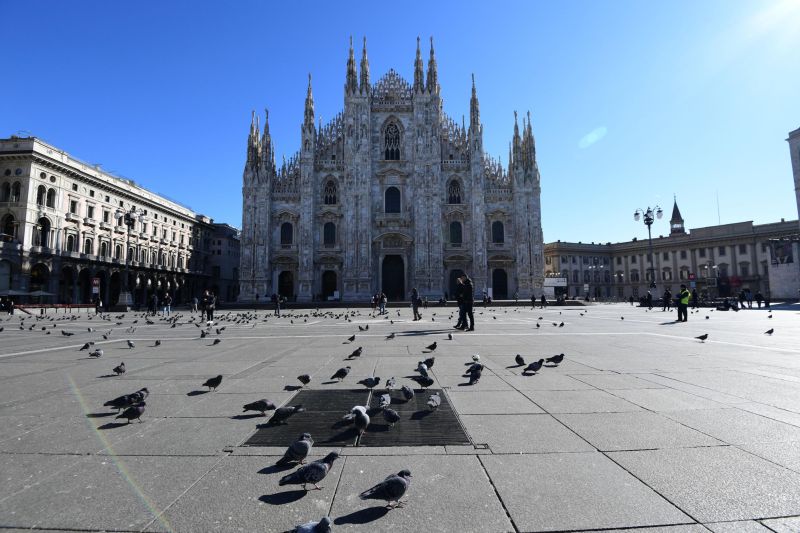
Deserted Piazza del Duomo in Milan during the COVID-19 lockdown / Image: Business Insider
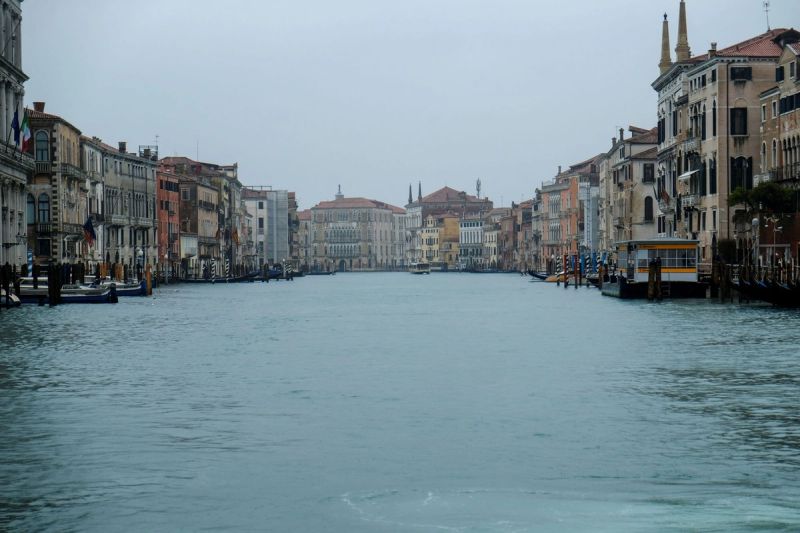
Free of boat traffic, canals of Venice / Image: Manuel Silvestri / Reuters
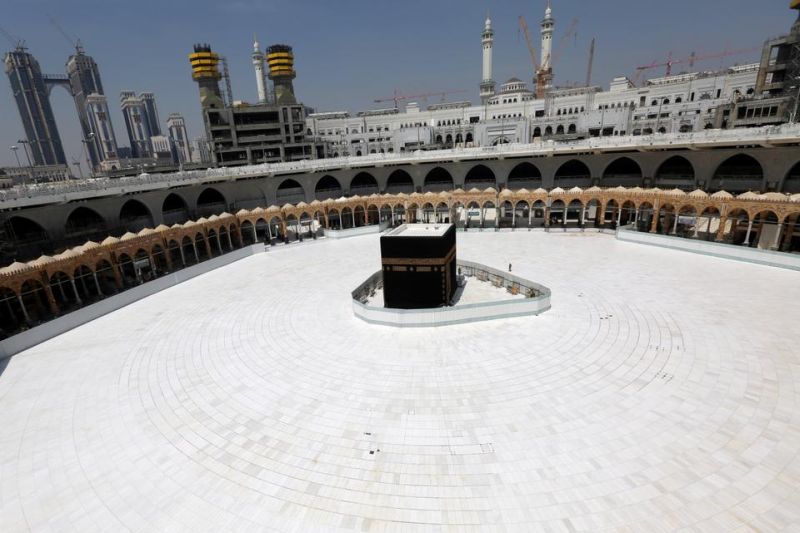
Deserted Mecca / Image: TRT World
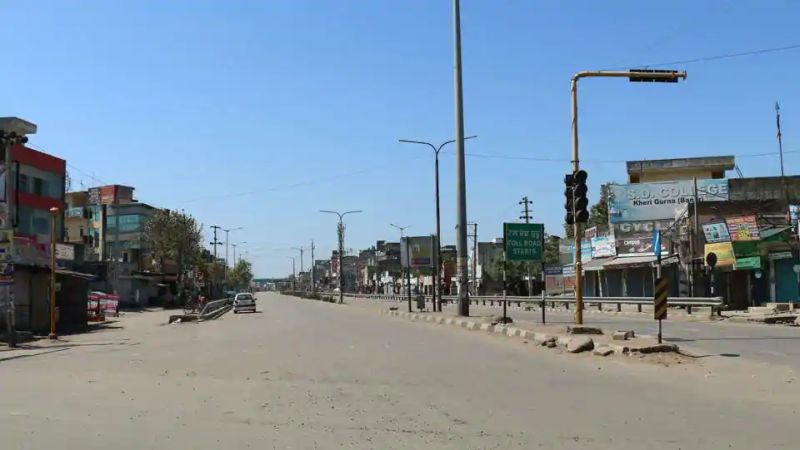
A view of a deserted road in Punjab, India during the Janta Curfew / Image: Hindustan Times
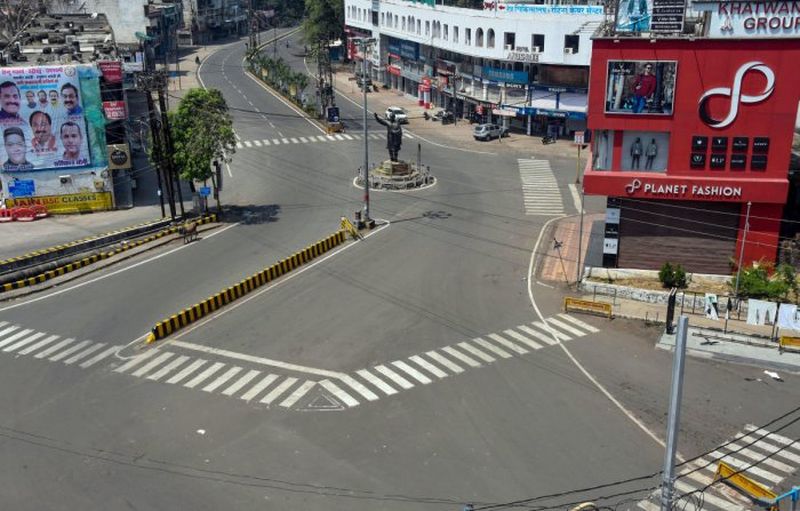
Image: Deserted Roads in India / Deccan Herald
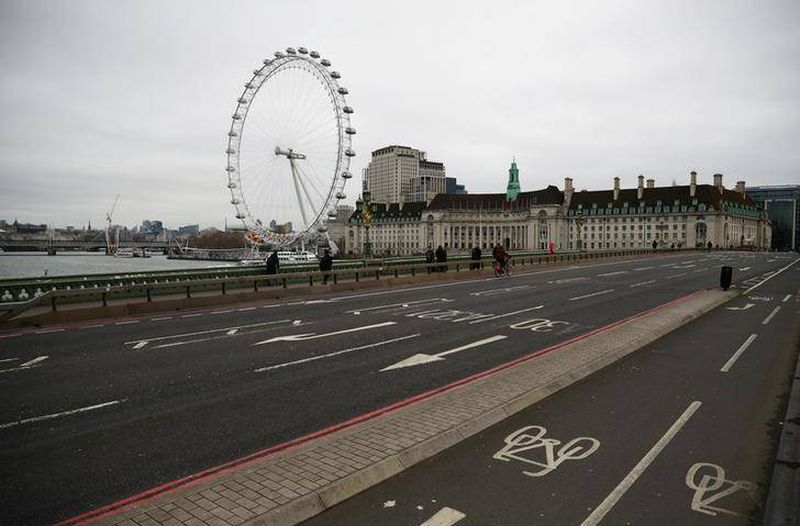
Coronavirus concerns have prompted people to desert streets and recoils inside their homes / Image: News Point
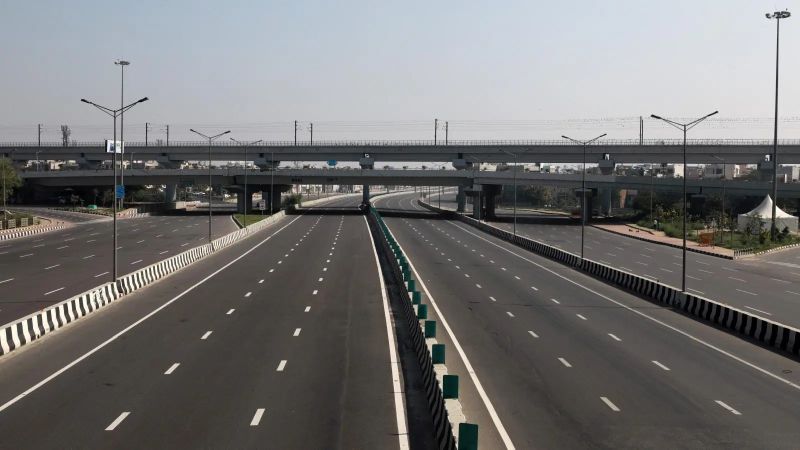
Empty roads and clear sky amidst the COVID-19 lockdown in India / Image: Reuters
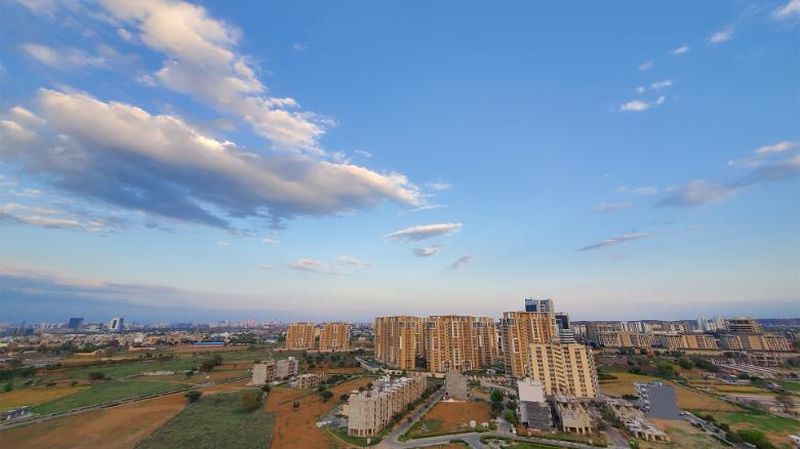
The air pollution has seen a significant drop in India during the COVID-19 lockdown / Image: CNN
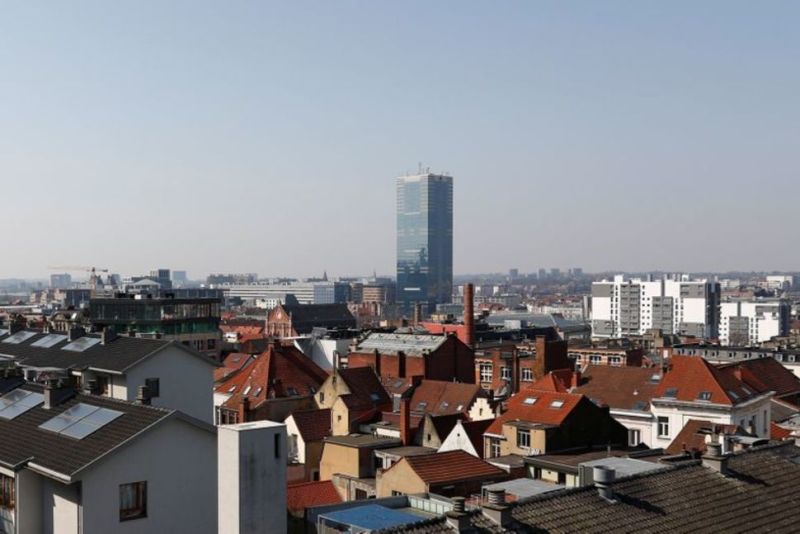
A general view shows the South Tower during the lockdown imposed by the Belgian government to slow down the coronavirus outbreak, in Brussels, Belgium/ Image: Reuters
